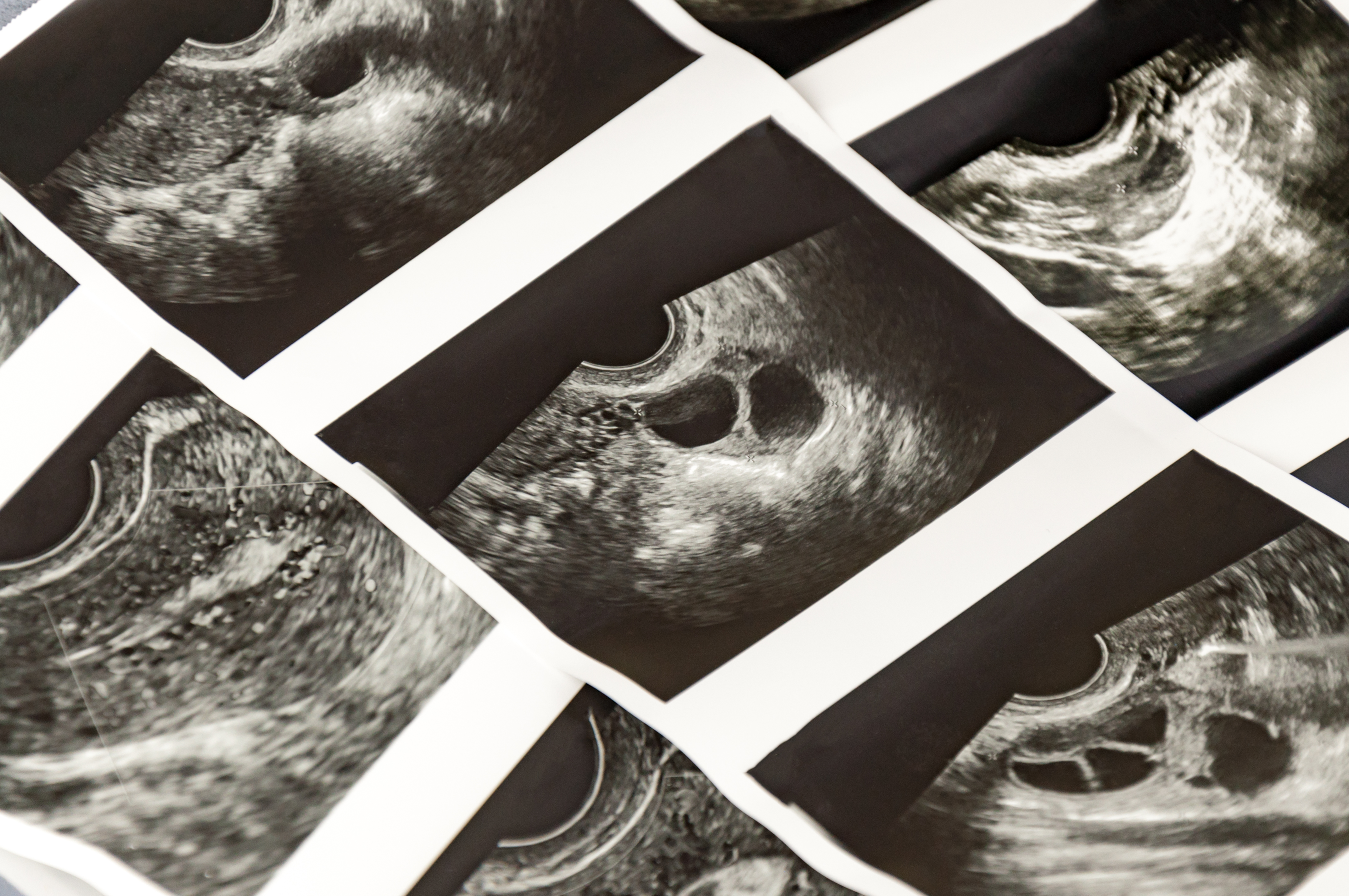OHSS, the IVF Side-Effect Making Women's Fertility Journeys 'Agony'
By Sophie Wilkinson,
The Huffington Post UK
| 02. 08. 2020
“I was in excruciating pain, I was bloated and felt really sick. The doctor had said I’d be able to go about my normal business but I missed work, I couldn’t do anything and I had to stay in bed for six days.”
Carol*, 39, from London, is an IVF success story. On her second cycle, she became pregnant and she now has a joyful toddler. But during her first cycle, as well as the invasive trips to the doctors and grimacing through the daily self-administered progesterone injections, she developed what her doctors called a “borderline” ovarian hyper stimulation syndrome (OHSS).
The symptoms Carol experienced are some of the many side-effects of OHSS, which can range from nausea and vomiting to severe bloating and blood clots. In the worst cases, OHSS can be fatal – according to government records, it has killed two British women in the past 15 years.
Statistics from the Human Embryology and Fertility Agency (HFEA), the fertility industry regulator that is required to record all incidences of OHSS, suggest a third of women undergoing IVF will...
Related Articles
By Diaa Hadid and Shweta Desai, NPR | 01.29.2026
MUMBRA, India — The afternoon sun shines on the woman in a commuter-town café, highlighting her almond-shaped eyes and pale skin, a look often sought after by couples who need an egg to have a baby.
"I have good eggs,"...
By George Janes, BioNews | 01.12.2026
A heart attack patient has become the first person to be treated in a clinical trial of an experimental gene therapy, which aims to strengthen blood vessels after coronary bypass surgery.
Coronary artery bypass surgery is performed to treat...
By Staff, ScienceDaily | 01.05.2026
Scientists at UNSW Sydney have developed a new form of CRISPR technology that could make gene therapy safer while also resolving a decades-long debate about how genes are switched off. The research shows that small chemical markers attached to DNA
...
Following a long-standing CGS tradition, we present a selection of our favorite Biopolitical Times posts of the past year.
In 2025, we published up to four posts every month, written by 12 authors (staff, consultants and allies), some in collaboration and one simply credited to CGS.
These titles are presented in chronological order, except for three In Memoriam notices, which follow. Many more posts that are worth your time can be found in the archive. Scroll down and “VIEW...




